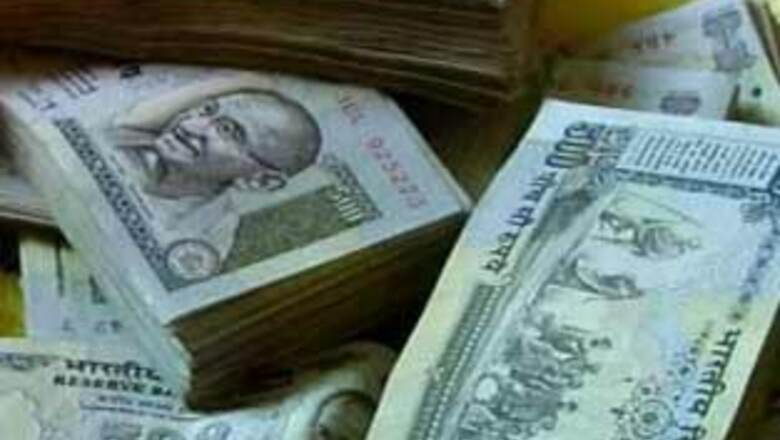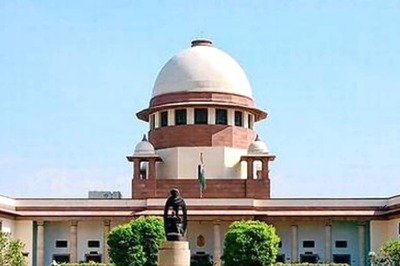
views
New Delhi: The Indian economy is headed towards deflation, which could raise unemployment, even as its central bank, the Reserve Bank of India (RBI), was expected to cut the cash reserve ratio by some 150 basis points, says Goldman Sachs.
The global consultancy has made the prediction based on the weekly movement of the official wholesale price index, as per which the country's annual rate of inflation fell to a six-year low of 2.43 per cent for the week ended on February 28.
"We expect the year-on-year change in the WPI, the RBI's preferred measure of inflation, to be negative starting April, and could remain so till end-2009, driven by the ongoing demand destruction as well as a high base from 2008," it said.
"We expect the RBI to cut the cash reserve ratio of banks by 150 basis points and pursue quantitative easing to keep the system flush with liquidity," the consultancy said, referring to the minimum cash commercial banks have to retain against deposits."
"In a deflationary environment, sectors with high proportion of variable costs compared to fixed costs are likely to benefit from falling input prices."
Deflation is a decline in the general price level. It is caused by factors such as low money supply and credit, and a curb in spending by households, industry or government. The lower demand during deflation often leads to a rise in unemployment levels.
The study by Tushar Poddar and Pranjul Bhandari of the consultancy's global economics, commodities and strategy research unit, says all the major components of the wholesale price index - primary articles, fuel and manufactured goods - were are already showing deflationary trend.
They expected the economy to enter a period of deflation from next month, and predicted it to last till the end of the calendar year due to continuing demand destruction and a sharp step up in the base.
"In 2010, however, we expect inflation to come back due to both a gradual pickup in demand, and conversely, a low base from 2009," the said in the study.
The study said the credit growth also fell to 18.3 percent on a year-on-year basis as on Feb 27, from 19.3 percent a month earlier, indicating that lending by commercial banks to the private sector was still weak.
"Free funds with banks continued to increase. Commercial banks' investments in government bonds rose by $19 billion in January and February."



















Comments
0 comment